Your cart is currently empty!
Tag: SoilHealth
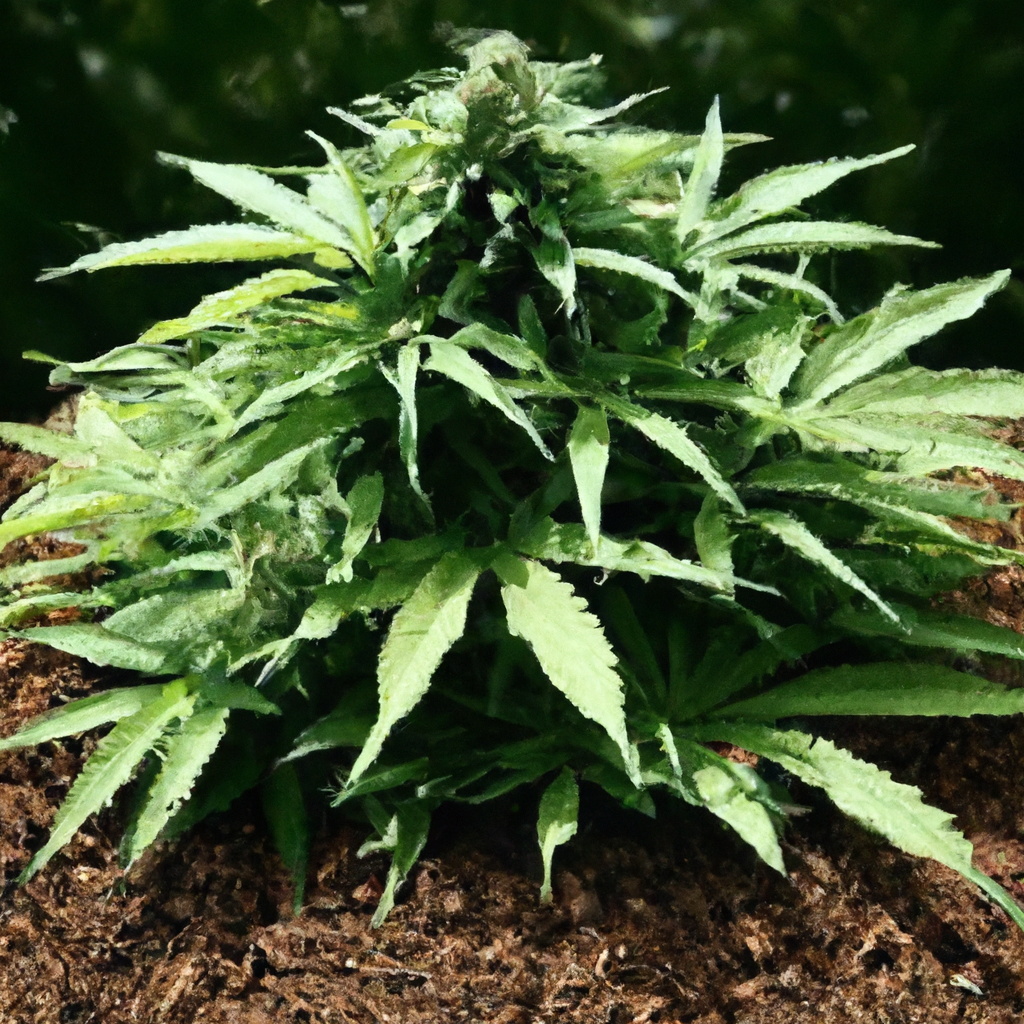
Cannabis cultivation offers significant benefits to soil health, contributing to sustainable agriculture. The plant aids in nutrient cycling, enhances microbial diversity, and adds organic matter after harvest, improving soil structure and moisture retention. Studies show cannabis fields have higher soil organic matter and microbial biomass, leading to better crop yields. Integrating cannabis into farming practices…
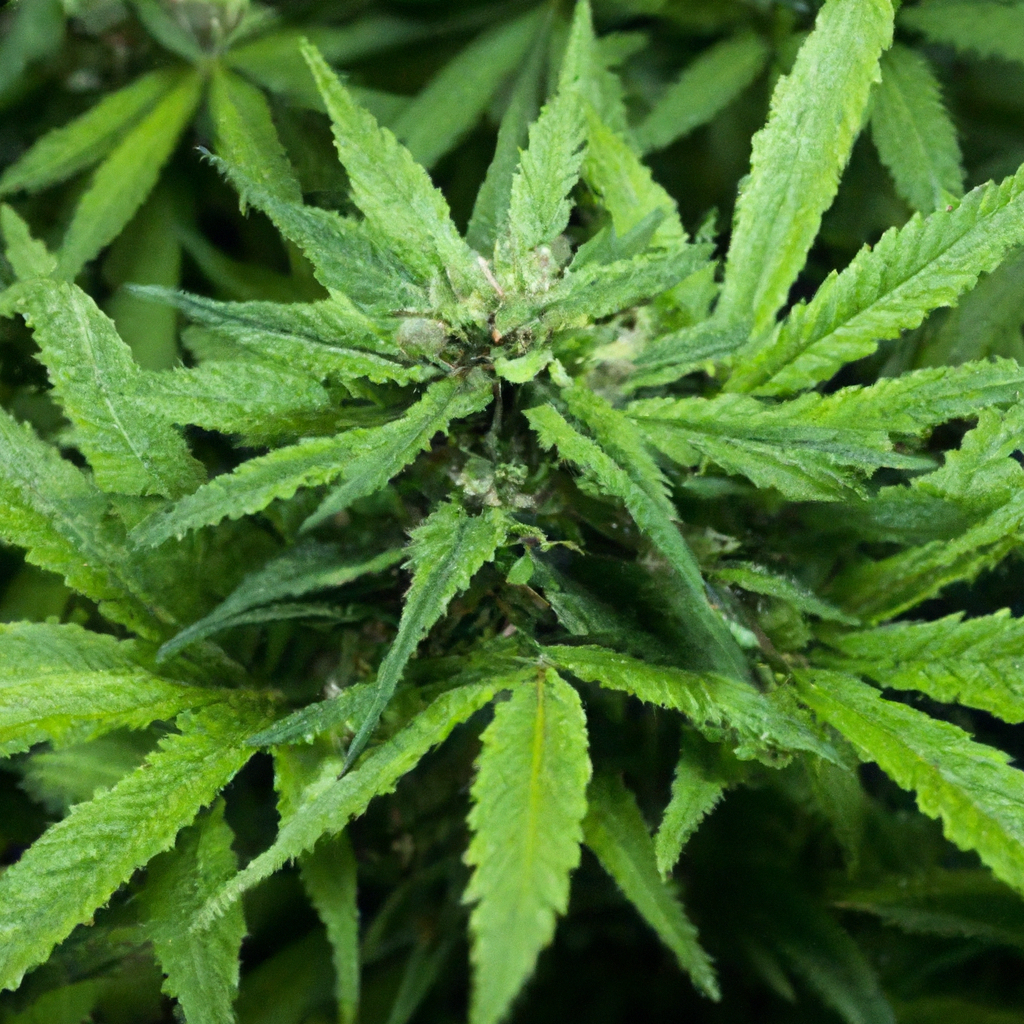
In the intricate world of cannabis cultivation, humic substances, derived from the decay of organic matter, can significantly enhance plant growth and resilience. These compounds improve nutrient uptake, soil structure, and microbial activity, crucial for healthy cannabis plants. To incorporate them into your grow, choose products containing humic and fulvic acids, amend the soil, or…
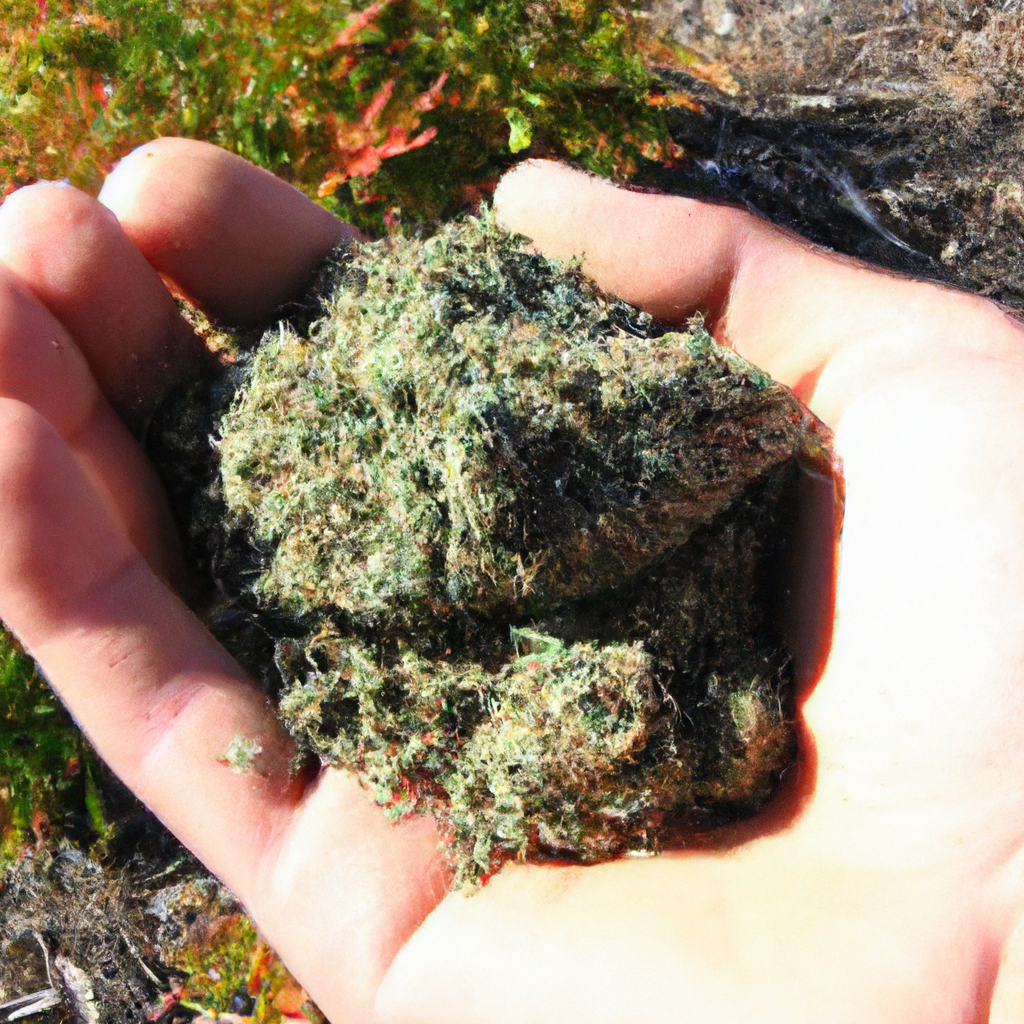
Embracing organic cannabis cultivation enhances plant health and supports environmental sustainability. By using natural fertilizers such as compost and worm castings, you provide essential nutrients while preserving the ecosystem. Building healthy soil ecosystems through pH balance, mycorrhizal fungi, and crop rotation is key. For pest control, opt for natural methods like beneficial insects, neem oil,…
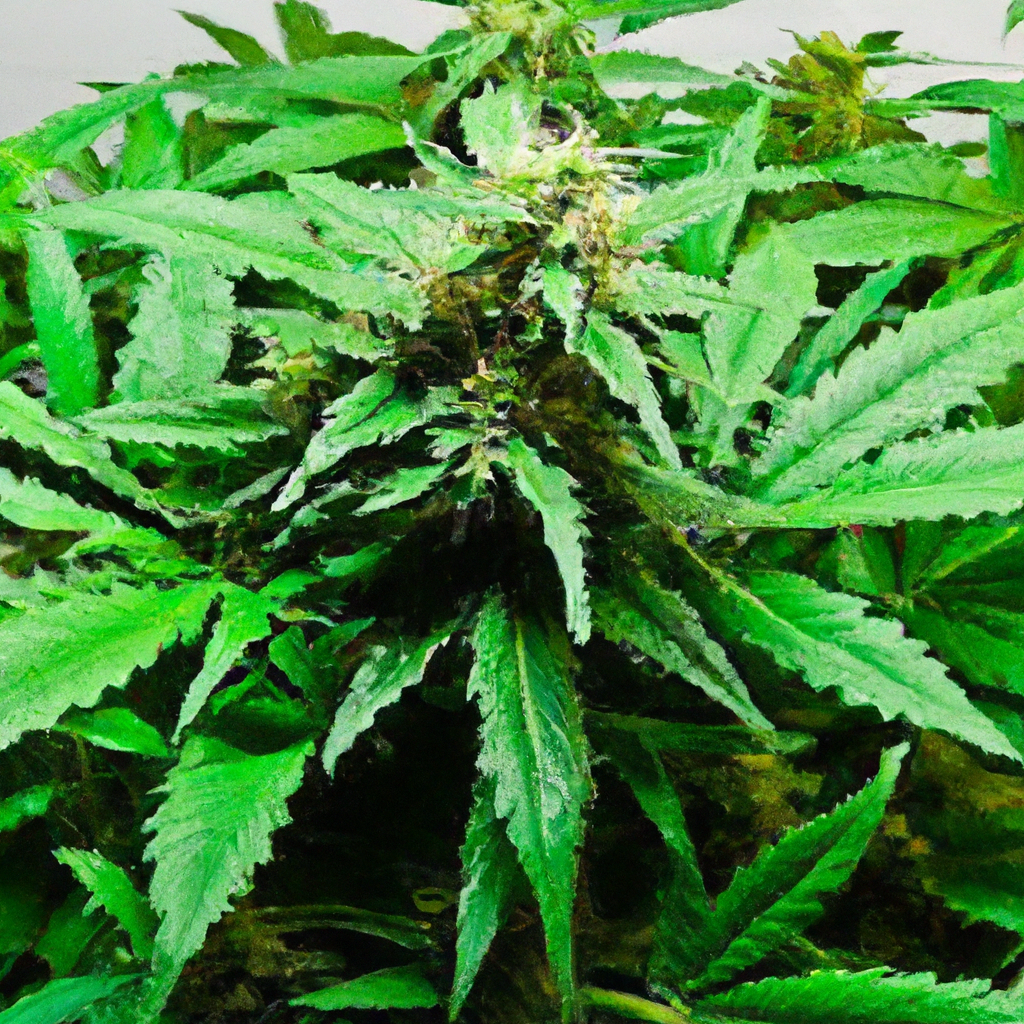
Growing thriving cannabis plants involves more than just light and water; mastering nutrient absorption is key. This article offers strategies to maximize nutrient uptake, including optimizing soil pH, balancing nutrients, using chelated options, and effective water management. It addresses common challenges like nutrient deficiency and lockout, alongside environmental factors affecting absorption. By applying these techniques,…
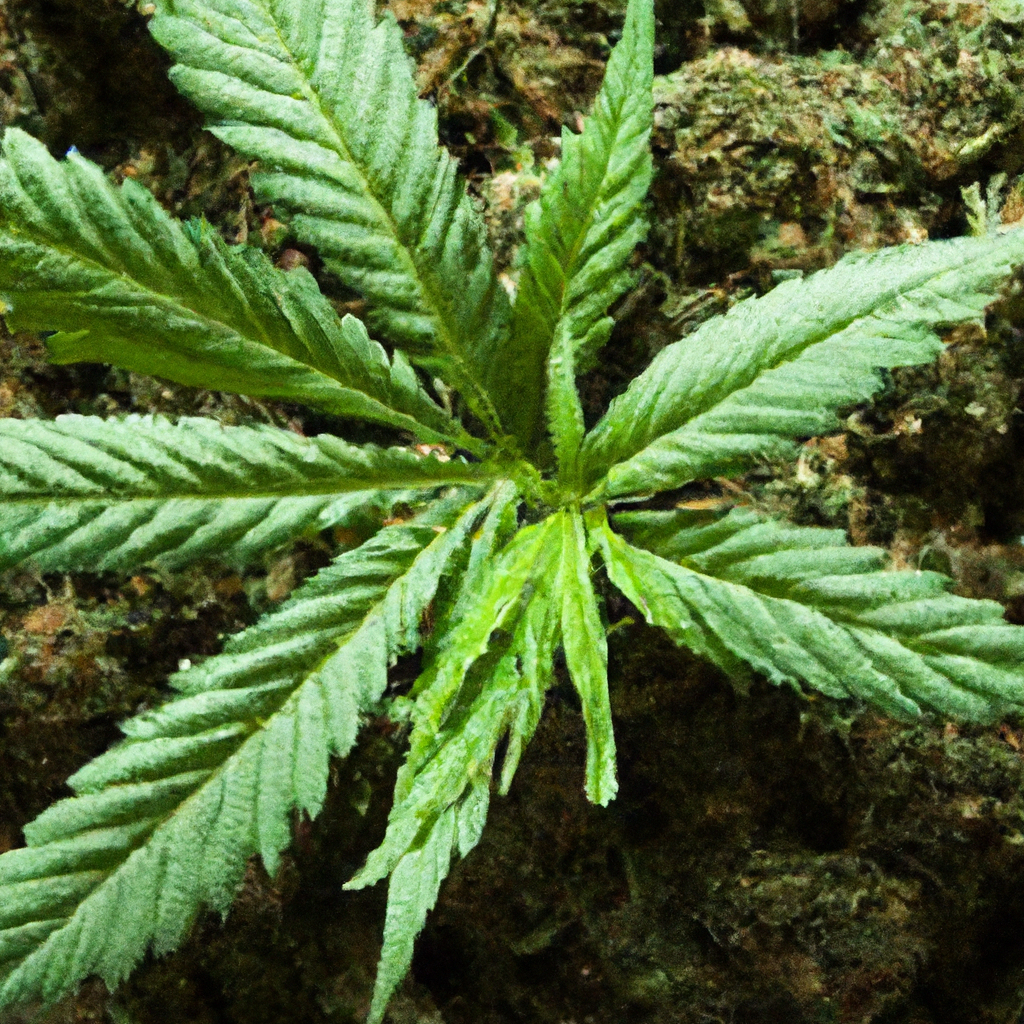
As the cannabis industry expands, more growers are adopting organic practices for healthier plants and sustainable operations. This guide explores top methods for organic cannabis cultivation, focusing on natural fertilizers, composting, and eco-friendly pest control. It emphasizes building a rich soil ecosystem through composting, crop rotation, and mulching. The use of natural fertilizers like bone…
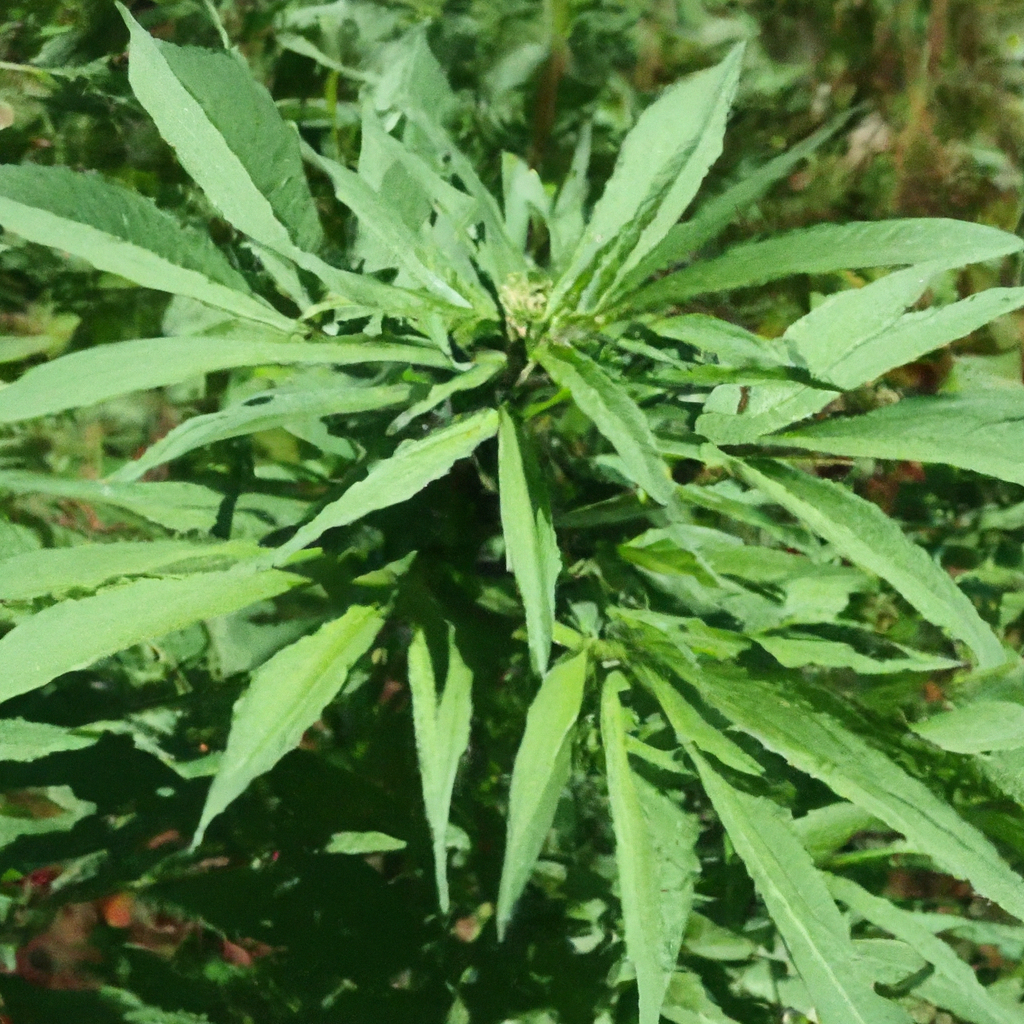
As the cannabis industry grows, understanding its environmental impact, particularly on soil health, is paramount. Sustainable cannabis cultivation enhances yields and offers long-term environmental benefits. Key practices include using organic amendments, planting cover crops, applying compost tea, and minimizing tillage. These methods not only improve soil nutrients and plant resilience but also reduce reliance on…
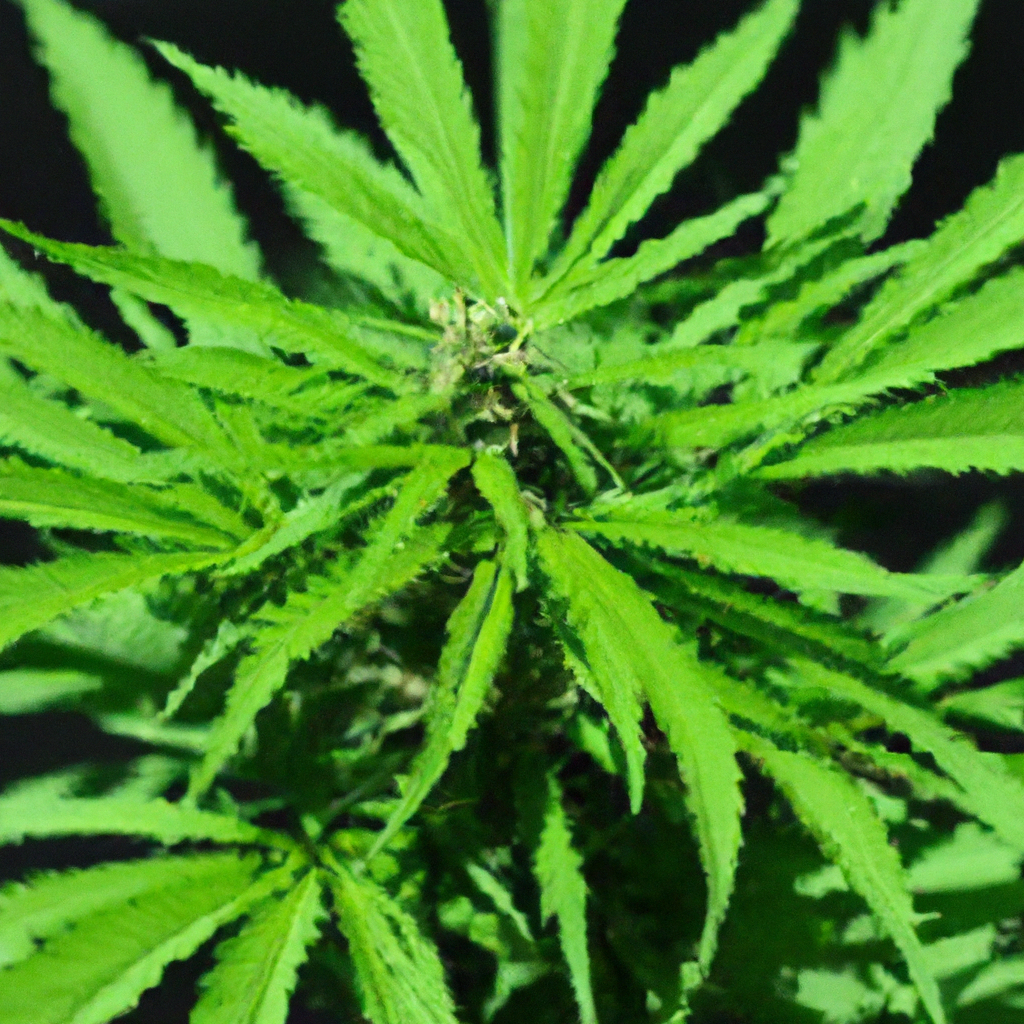
The cannabis cultivation industry is embracing a green revolution as growers increasingly adopt organic practices. This shift benefits the environment and leads to high-quality, safer harvests. Key practices include using natural fertilizers like compost, bat guano, worm castings, and fish emulsion, which enrich the soil without harming the environment. Building healthy soil ecosystems is crucial,…
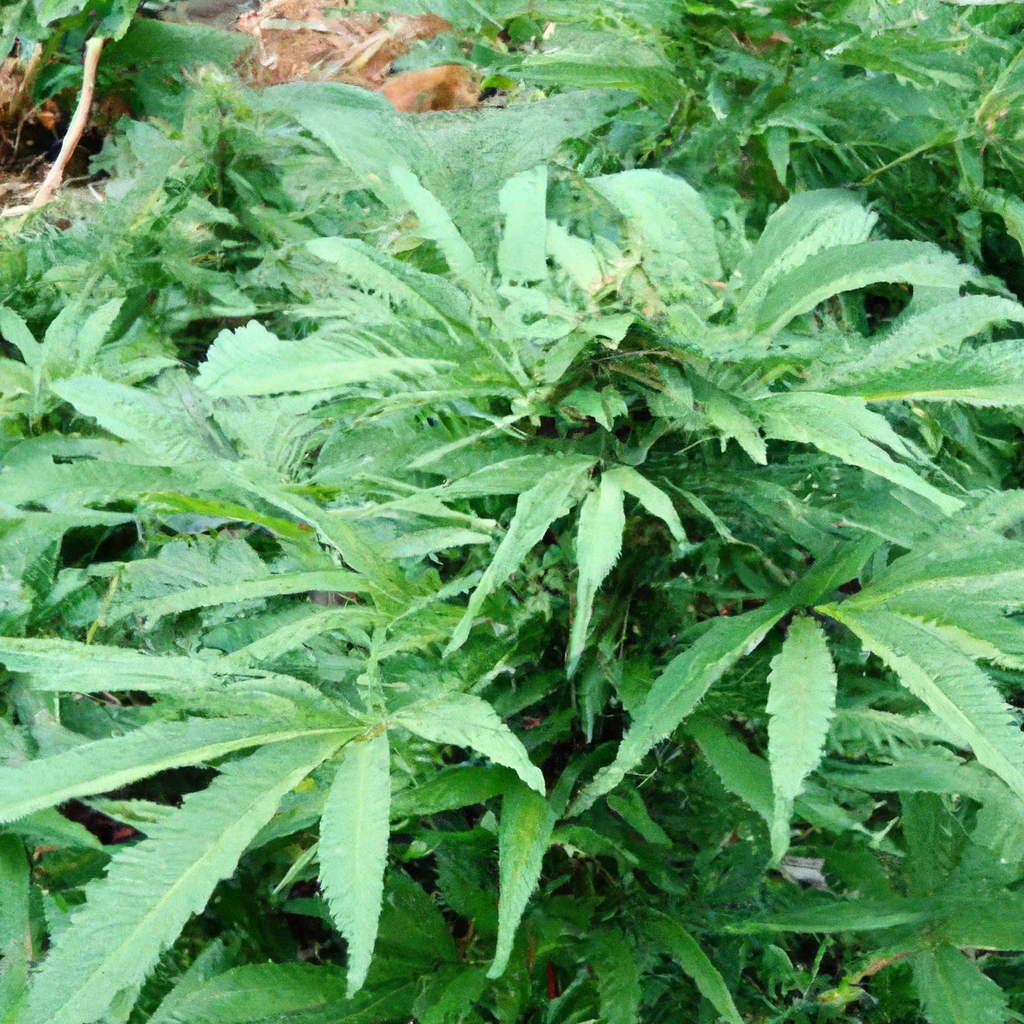
As the demand for chemical-free cannabis grows, organic cultivation offers a sustainable approach that benefits both the environment and consumers. Essential practices include using natural fertilizers like compost and worm castings to enrich soil health, employing compost for nutrient recycling, and adopting natural pest control methods using beneficial insects and sprays. Maintaining a healthy soil…
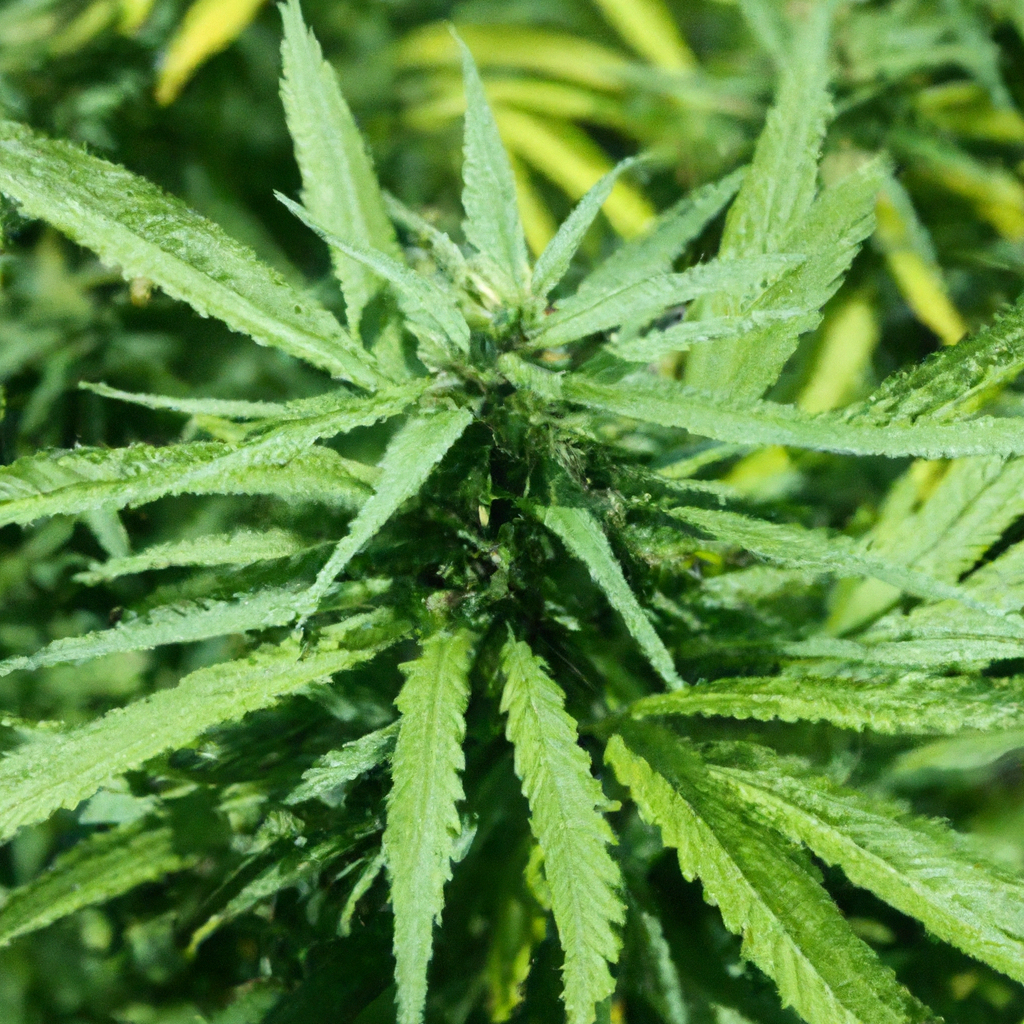
As the global cannabis industry shifts towards sustainability, organic cultivation is becoming increasingly important. This approach emphasizes the use of natural fertilizers, compost, and eco-friendly pest control methods, benefiting both the environment and growers. Key practices include building healthy soil ecosystems through companion planting and compost use, and utilizing natural fertilizers like kelp and alfalfa…
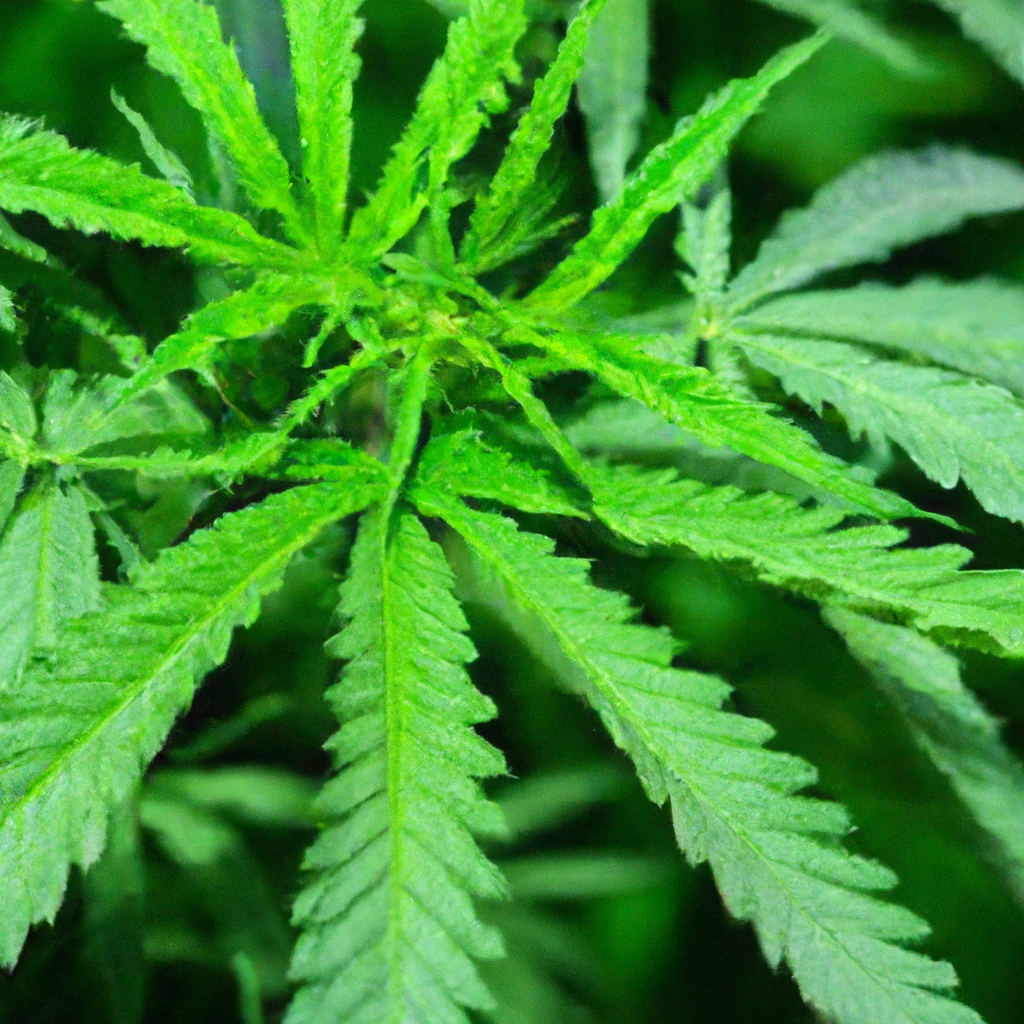
Organic cannabis cultivation is an eco-friendly approach that enhances both quality and sustainability, making it a popular choice among growers. This guide outlines the fundamentals of organic growing, such as maintaining soil health with compost, using natural fertilizers like bat guano, and adopting integrated pest management strategies. Beginners can learn to create optimal growing conditions…
